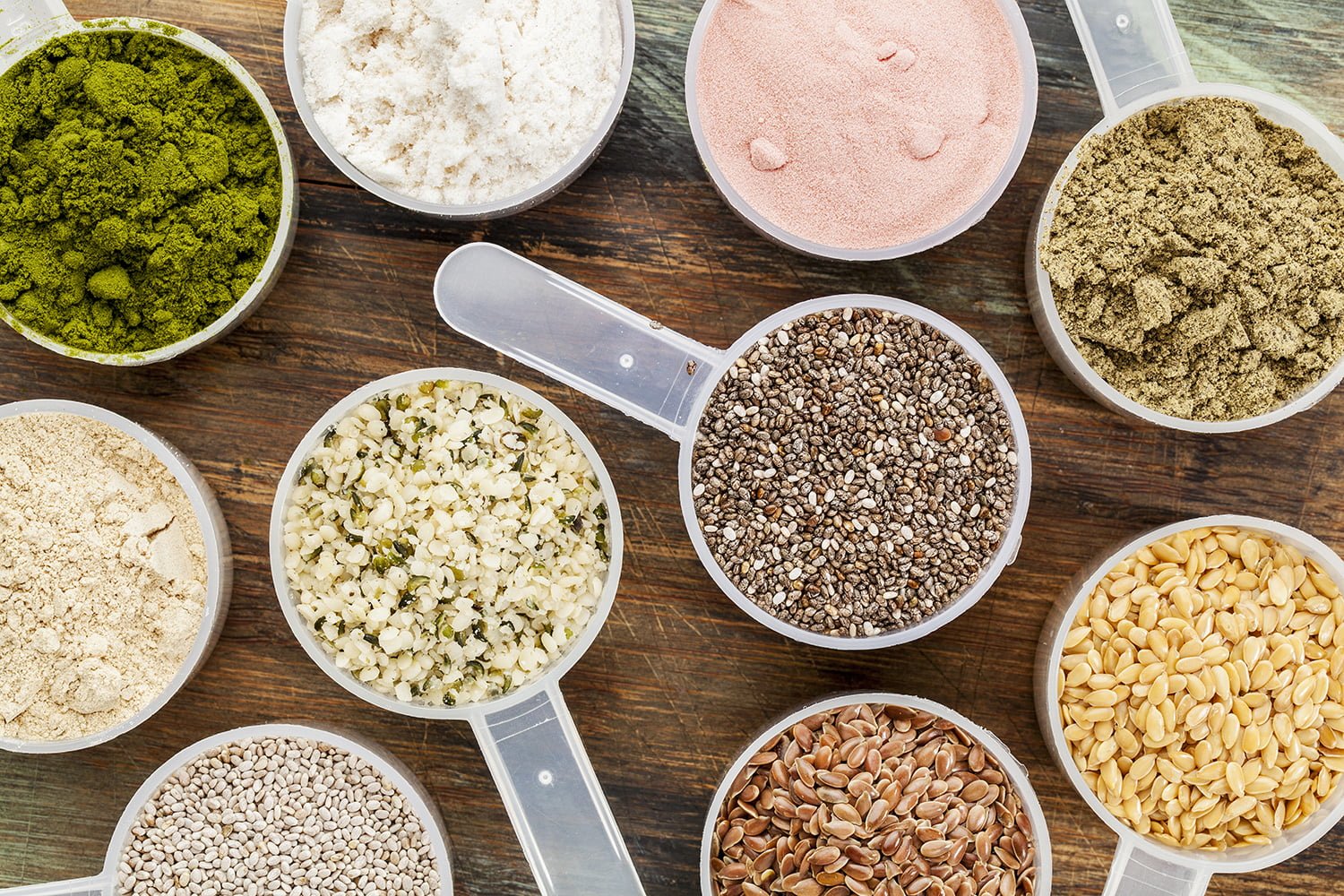Photo courtesy of gabbyandlaird.com check out their awesome post on protein powder too!
In this post, I’ll be exploring different types of protein powder as well as their benefits depending on your lifestyle.
So as we all know from my previous post, protein powder is a direct source of protein and usually quick absorbing in order to provide energy to rebuild your cells and fuel your muscles (see: Introduction to Protein Powder)
But now the question is, what kind of protein powder can you get?
Well, firstly, when choosing a protein powder, you want to be sure it does not contain any unnecessary carbohydrates, fat or sugar. This means that if the ingredients include more than a few and pronounceable ingredients you probably shouldn’t buy it. You are looking for the first ingredient to be the protein source (whey isolate, brown rice protein, pea protein etc.).
Try to find protein powders that have a low sugar content (only a few grams per scoop, preferably no more than 5g) so be sure to check the label! And when it comes to sweeteners look for naturally sweetened protein powders such as sweetened with stevia, xylitol (a natural sweetener from fruits & vegetables), or even raw cane sugar (in small quantities) is better than any artificial sweeteners like aspartame, sucrose, sucralose, and maltitol to name a few. Try to avoid agave when you can because it has had its fair share of controversy.
Now, here are the three main types of protein powder:
Whey (made from milk): Milk is made of two proteins: casein and whey. Whey is about 20% of the protein found in milk and it comes in two forms: whey isolate and whey concentrate. Whey concentrate tends to contain some fat, carbs and perhaps other additives, however, it is more economical. Personally, I’m a bigger fan of whey protein as it is more pure than the concentrated form and does not contain any fat or carbs (usually) therefore, ideal when exercising. It is also very versatile for protein shakes as you can add your own fruits and even vegetables for extra benefits! Be sure however to buy whey protein ISOLATE as it is the purest form of whey protein. It does not contain any lactose so it is great for people with dairy sensitivities and therefore sugar-free (because lactose if a sugar found in milk).
Favorite Brand: Kaizen Natural Isolate (it is made from New Zealand whey from grass-fed cows which is ideal!)
Casein (also made from milk): Casein is the other 80% of milk protein. It is very similar to whey however, there is one large difference: whey is fast absorbing and casein is slower absorbing. This means that casein would be better for long lasting protein throughout the day and whey is best right before, during or after a workout. But, this doesn’t mean that it should be eaten excessively!
Plant -based (from non-animal sources): This protein powder has less protein gram for gram than whey but it is great for vegetarians and vegans or for people like me who stray from dairy. It can be derived from pea, rice, soy, hemp, or other vegetables and you can find them on their own or in combinations. It is not as tasty as whey however it digests very well (in my opinion). I try not to buy soy protein because like agave there is much controversy on it and perhaps even a little more! I like to buy vegetable based proteins with added greens as this adds extra nutritional benefits as well.
Favorite Brand: Vega and Kaizen Vegan Protein ( I have yet to find one that I absolutely love!) Although, these brands are just fine!
Egg white: I have yet to try egg white protein although, it sounds pretty good! As long as the eggs are from organic hens who haven’t eaten genetically modified seed and the ingredients are reasonable (as mentioned above). It does have some fat and carbohydrates but in very low quantities, plus it’s cholesterol free and high in protein!
Finally, it is up to you as an individual to decide what kind of protein powder suits you and your budget best. Any kind of protein powder no matter what the source can be beneficial for those who live an active lifestyle, but it shouldn’t be consumed in abundance. Before, during or after a workout is great and most of the time I even limit my serving to 1/2 scoop per day. Of course, depending on your lifestyle, your goals and your size, quantities may vary, but again, in my opinion, getting your protein from whole foods or complete meals are best!
Hopefully this can be useful to you, stay healthy,
Proteen Queen
Sources:
http://www.nutritionexpress.com/article+index/authors/mark+g+taylor+ms/showarticle.aspx?articleid=896
https://www.gabbyandlaird.com/diet-and-nutrition/not-all-protein-powders-are-created-equal

